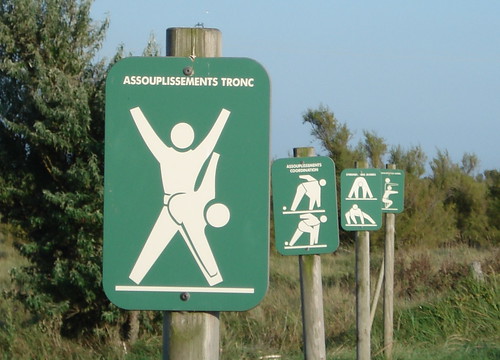 |
| Photo by killthebird on Flickr |
If you are a new author, you need to make smart choices about where to invest your marketing efforts without breaking the bank. If you have considered hiring a marketing expert, you need to know that what they guarantee is exposure, not book sales. YOU are your own best (and most motivated) marketing expert. Here are the most effective ways to market your first book...and a couple of things that usually don’t result in a lot of sales:
Do...
Radio Interviews: You may not sell a million books as a result of a couple of radio interviews, but it is a great experience. Be sure to get one of your interviews from the radio station's website as an MP-3 audio and post it on your own website.
Book Reviews: Get friends and family to post reviews of your book on Amazon.com. However, you will probably find it difficult to get book reviews in a timely manner, so it is possible to hire a publicist to help you obtain book reviews (ask me who you should hire). Many people would not look at a book with only two five-star reviews. Definitely money well spent.
Also, as I have mentioned before, the inside-the-book program on Amazon is excellent. The plain and simple truth is that many readers won’t buy the book if they can’t look inside it, and if they don’t already know the author.
Don’t...
Email blast. You can easily spend around $250 on an email marketing campaign. Spending this kind of money with no way to measure and document the campaign’s success is not the best way to go.
I have also known an author who emailed her book cover and relevant information to all the libraries and independent bookstores in the United States and Canada. This type of campaign usually costs around $400 and results in little or no sales.
Remember--you need a good website, blog, and social networking site to connect with people. You also need to be willing to get out and speak to the public about your book. Keep writing things about which you are passionate, and then develop a marketing strategy that works.




